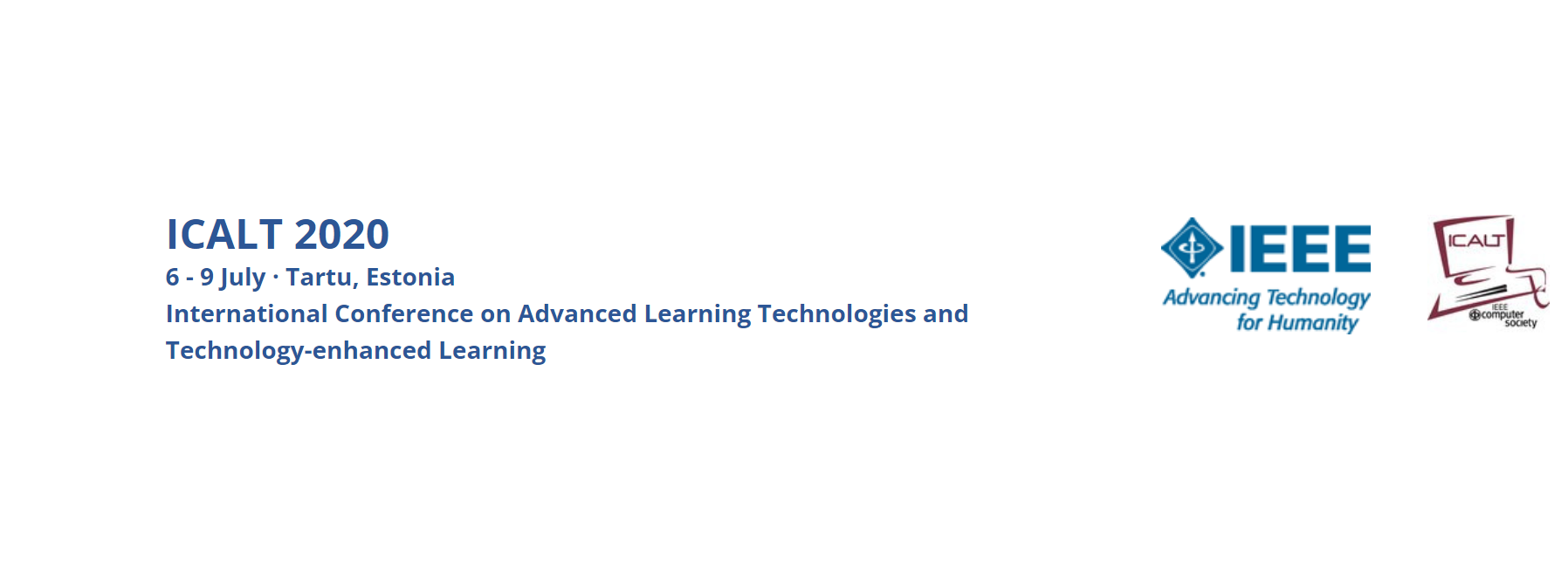
Track 8. Technology-Enhanced Language Learning (TELL)
Track Program Chairs
Sridhar Chimalakonda
Indian Institute of Technology Tirupati, India
(CO-ORDINATOR)
Yu-Ju Lan
National Taiwan Normal University, Taiwan
(CO-ORDINATOR)
Katrin Saks
University of Tartu, Estonia
Jorge Villalón
Universidad Adolfo Ibáñez, Chile
Grace Yue Qi
Massey University, New Zealand
Scott Grant
Monash University, Australia
Track description and topics of interest
Throughout the years, we have seen obstacles being laid on teachers’ and students’ way of teaching and learning in a traditional classroom. How we could create more immersive and interactive learning opportunities for language learners has been drawing many researchers’ attention. One of the solutions is technology. Technology can be used to improve language learning in many ways. It can enhance and sustain the interest levels for language learners by allowing immediate feedback on performance and providing added practice when necessary. Recent research shows that students are able to improve their language fluency and comprehension through technology-based learning.
To respond to the increasing demands of exploiting technology in practical language learning settings, the Track on Technology-Enhanced Language Learning (TELL@ICALT2020) invites researchers and practitioners of educational and training applications in TELL. Candidate papers can describe assessments of technological developments on language learning and teaching, literature reviews addressing current issues and innovative research in the area of technology enhanced language learning, and practice experiences addressing the use of technology in language learning and teaching, etc. to submit original research work in the following topics, but not limited to:
- TELL theoretical foundations and perspectives
- Hardware and software technologies applicable to TELL
- Artificial Intelligence (AI) in language learning
- Virtual Reality (VR) platforms, content management systems integrating external tools that improve student motivation and enable greater exposure to target languages
- Language lesson design and assessment in MOOCs
- Application of big data in language research
- Practical examples of language learning courses that experimented with any or several of the following tools: e-portfolios, quizzes, infographics, mind-maps, and mobile apps among others
- Online interaction as driver to boost language interaction skills
- Content development and management for TELL
- Assessment and evaluation of TELL


